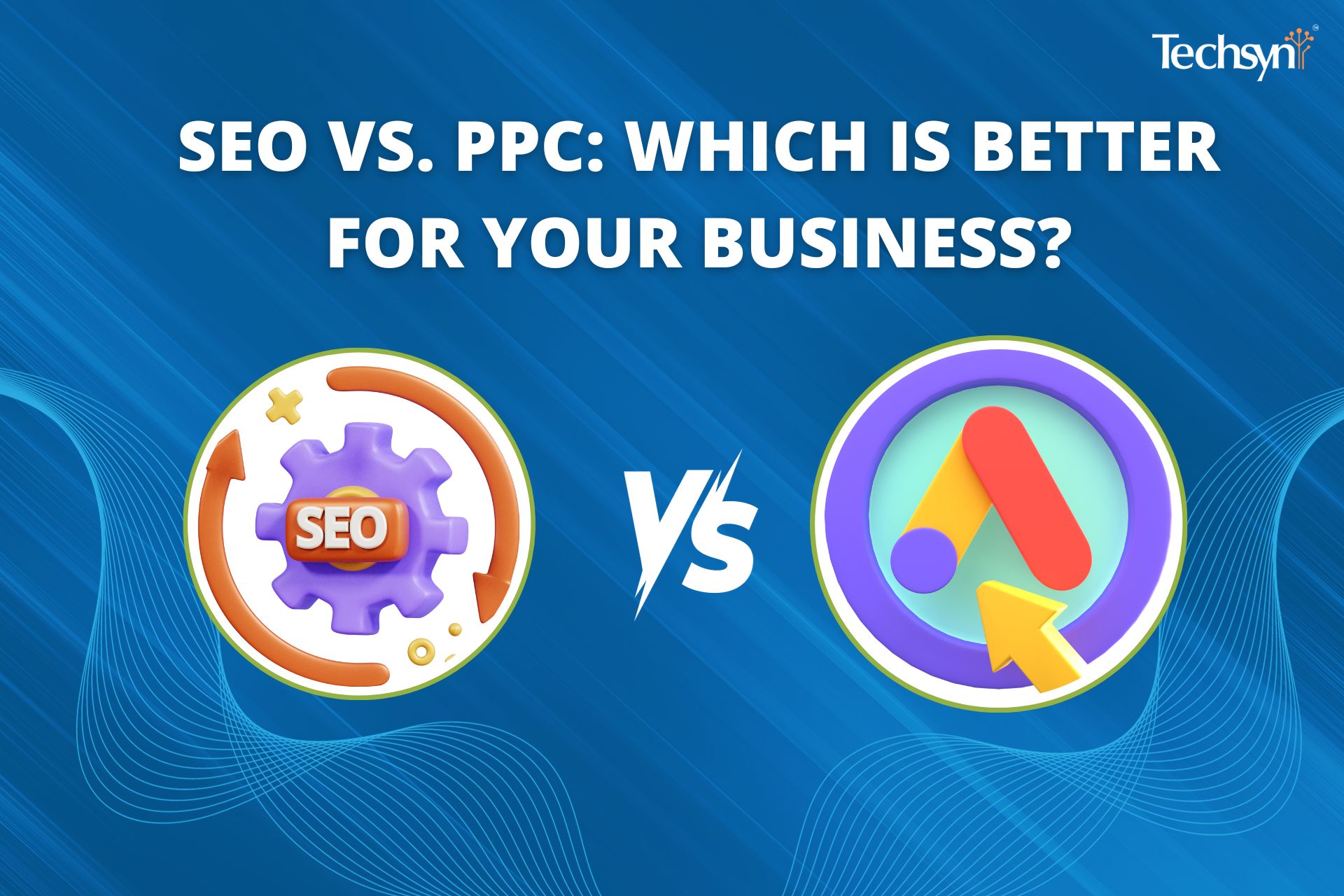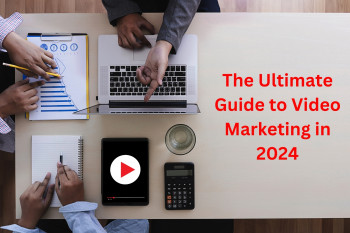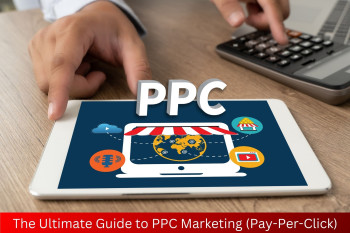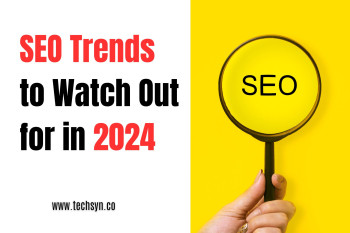Every business needs a strategic approach to drive traffic, boost brand visibility, and increase conversions. Search Engine Optimization (SEO) and Pay-Per-Click (PPC) are two popular strategies that can help accomplish these goals. Each approach has its unique advantages and considerations. According to a recent study by BrightEdge, organic search (SEO) accounts for 53% of all website traffic, while PPC accounts for 15% of all website traffic. This guide will cover the basic of SEO and PPC, outlines their differences, discusses their pros and cons, and provides insights to help businesses choose the most suitable digital marketing strategy.
What is SEO?
Search Engine Optimization (SEO) is the process of optimizing a website to increase its visibility and organic rankings on search engine results pages (SERPs). SEO incorporates various on-page and off-page techniques to improve a website's relevance, authority, and user-friendliness. By aligning with search engine algorithms, SEO facilitates increased organic traffic, which can result in higher-quality leads and conversions.
Key points about SEO
SEO focuses on organic rankings and driving unpaid traffic.
It involves optimizing website content, meta tags, headers, URLs, and backlinks.
SEO aims to enhance user experience, site speed, and mobile responsiveness.
Long-tail keywords, LSI keyword utilization, and semantic search are crucial to SEO success.
Regular content updates, impactful infographics, and high-quality backlinks contribute to improved rankings.
What is PPC
Pay-per-click (PPC) advertising is a model in which advertisers pay a fee each time their ad is clicked on search engine results pages. Unlike SEO, PPC offers immediate visibility and positions ads at the top of SERPs. PPC campaigns are managed through platforms like Google Ads and Bing Ads, allowing businesses to bid on keywords and display tailored ads to their target audience. With carefully crafted ad copies, enticing calls-to-action, and effective landing pages, PPC enables businesses to generate instant traffic and track measurable results.
Key points about PPC
PPC provides instant visibility and immediate traffic to a website.
It involves extensive keyword research and bid management.
Advertisers pay only for clicks received, ensuring cost-effectiveness.
Ad copies, ad extensions, and landing pages significantly impact campaign performance.
Continuous monitoring, testing, and optimization are essential for PPC success.
LSI keywords ensure relevancy and aid in creating keyword-rich ad copies.
Read in Detail: The Role of Google Ads
Differences between SEO and PPC
While both SEO and PPC strive to enhance online visibility and generate website traffic, they differ in several aspects:
Traffic Generation Strategy: SEO drives organic traffic by optimizing a website's visibility on search engines, whereas PPC generates paid traffic through targeted ads.
Speed of Results: SEO is a long-term strategy that requires time to build the website's authority and gradually improve its rankings. PPC provides instant visibility and traffic as soon as the campaign is launched.
Cost Structure: SEO is generally considered a cost-effective strategy in the long run, as the traffic generated through organic rankings is free. PPC, on the other hand, incurs costs for every click received and requires careful budget allocation.
Sustainability: SEO provides long-term sustainability as it establishes a strong foundation for organic traffic. At the same time, PPC campaigns are dependent on the allocated budget and cease to generate traffic once the budget limit is reached.
Flexibility: PPC campaigns allow businesses to exert greater control over their ad messaging, audience targeting, and budget allocation, while SEO is subject to varying search engine algorithms and requires continuous adaptation.
SEO: Pros and Cons
Pros of SEO:
Long-term organic rankings lead to consistent and sustainable traffic.
It offers continuous brand exposure without incurring costs per click.
SEO contributes to improved website usability and user experience.
Organic search results are considered more trustworthy and credible by users.
It enhances website authority, thereby positively impacting overall brand reputation.
Cons of SEO:
SEO requires time and ongoing efforts before desired results are achieved.
Algorithm updates can affect rankings, necessitating constant monitoring and adjustments.
Competitors' SEO strategies may impact organic rankings and require countermeasures.
SEO efforts may only sometimes guarantee immediate conversions or business growth.
PPC: Pros and Cons
Pros of PPC:
Immediate visibility and traffic generation upon campaign launch.
Precise ad targeting options enable reaching a specific audience.
Budget allocation control allows scalability and cost management.
Measurable metrics provide valuable insights for optimization.
Results are not heavily dependent on algorithm changes or competitors' strategies.
Cons of PPC:
Costs can escalate quickly, especially in highly competitive industries.
Clicks may not always result in conversions, impacting ROI.
PPC campaigns require constant monitoring and optimization to achieve desired results.
Ad fatigue or audience saturation may decrease campaign effectiveness over time.
SEO vs. PPC: Which is Better?
Determining the ideal approach for your business depends on various factors, including your marketing goals, budget, target audience, competitive landscape, and timeline. While SEO offers long-term sustainability, organic rankings, and cost-effective practices, PPC provides immediate visibility, precise audience targeting, and scalable campaigns. A balanced strategy incorporating SEO and PPC can often yield the best results, allowing businesses to capitalize on immediate traffic while building a robust organic presence over time.
To choose the most suitable digital marketing strategy, consider the following steps:
Define your marketing goals: Determine the objectives you want to achieve, such as increasing brand visibility, driving website traffic, or generating conversions.
Assess your budget: Evaluate the financial resources for digital marketing efforts, considering short-term and long-term goals.
Understand your target audience: Conduct thorough market research to identify your audience's preferences, demographics, and online behavior, which will guide your choice of strategy.
Analyze the competitive landscape: Evaluate the digital marketing strategies used by your competitors and identify gaps or opportunities that can shape your approach.
Consider time constraints: Assess the urgency of your marketing goals and determine whether immediate visibility or long-term sustainability is the top priority for your business.
Wrapping Up
Choosing between SEO and PPC can be a challenging decision. While SEO offers long-term organic visibility and sustainable traffic, PPC provides immediate and targeted advertising options. A prudent approach involves leveraging the strengths of both strategies and aligning them with your business goals, budgetary constraints, and target audience preferences. With the help of the best SEO company in Dubai, Businesses can maximize their online presence, drive quality traffic, and meet their marketing objectives effectively if they create a comprehensive digital marketing plan that incorporates both SEO and PPC.










